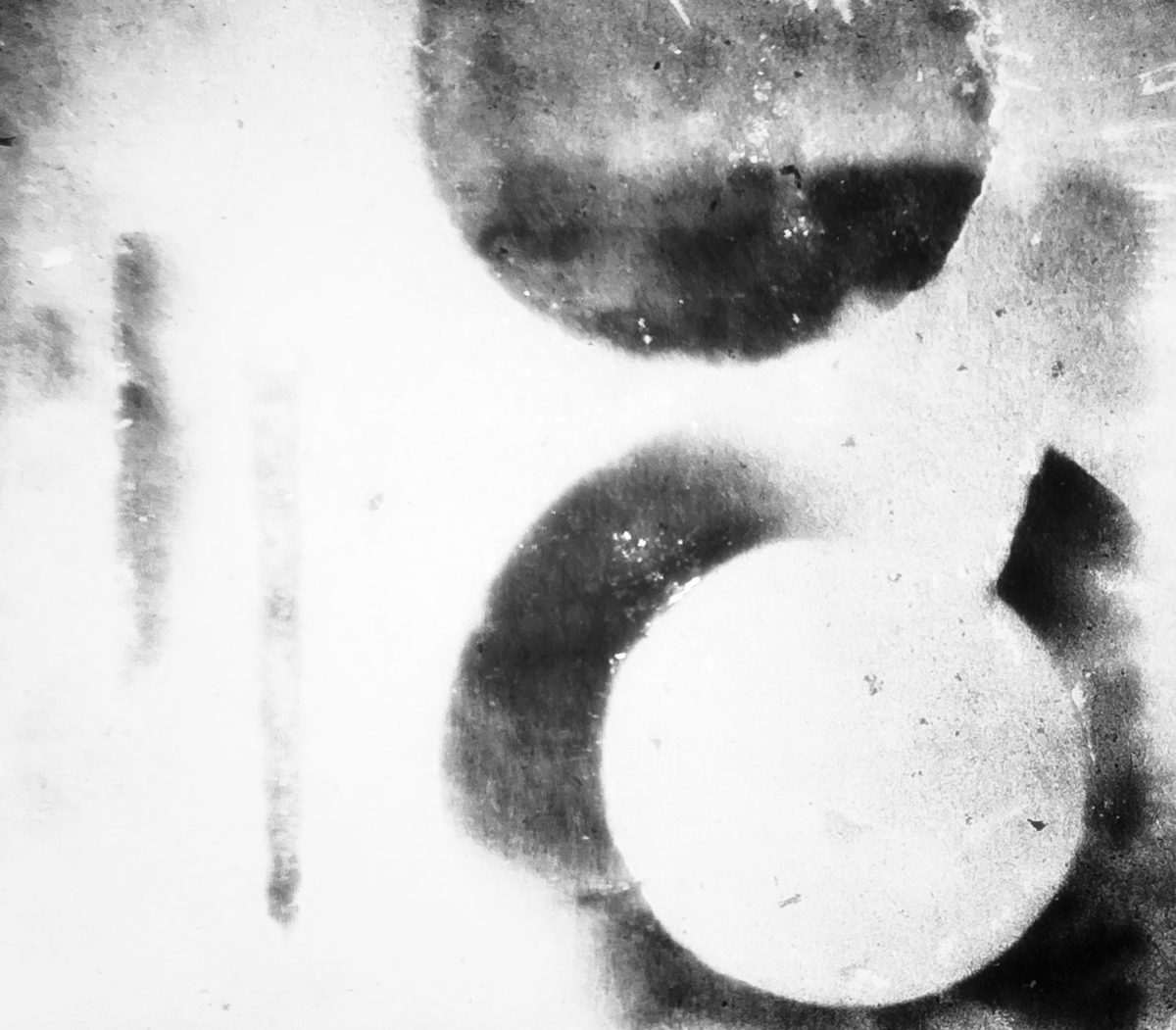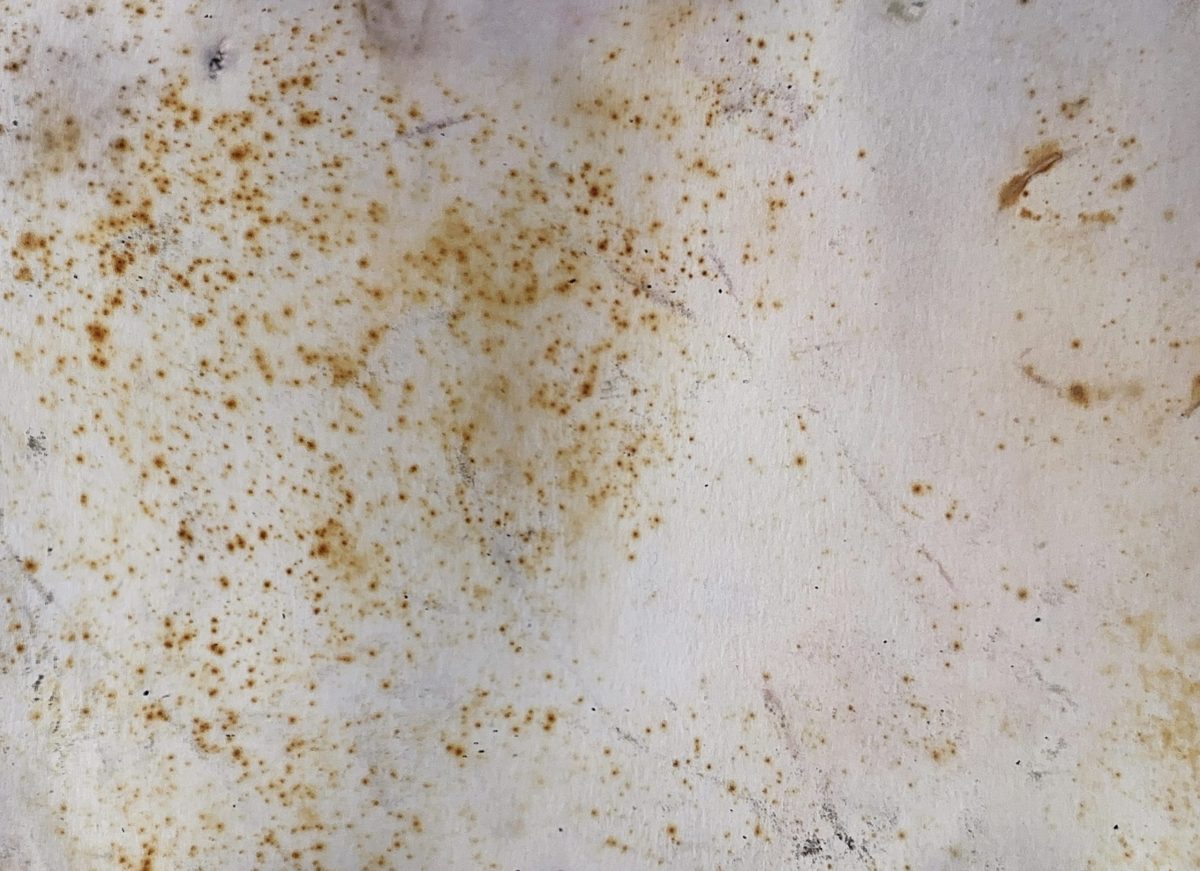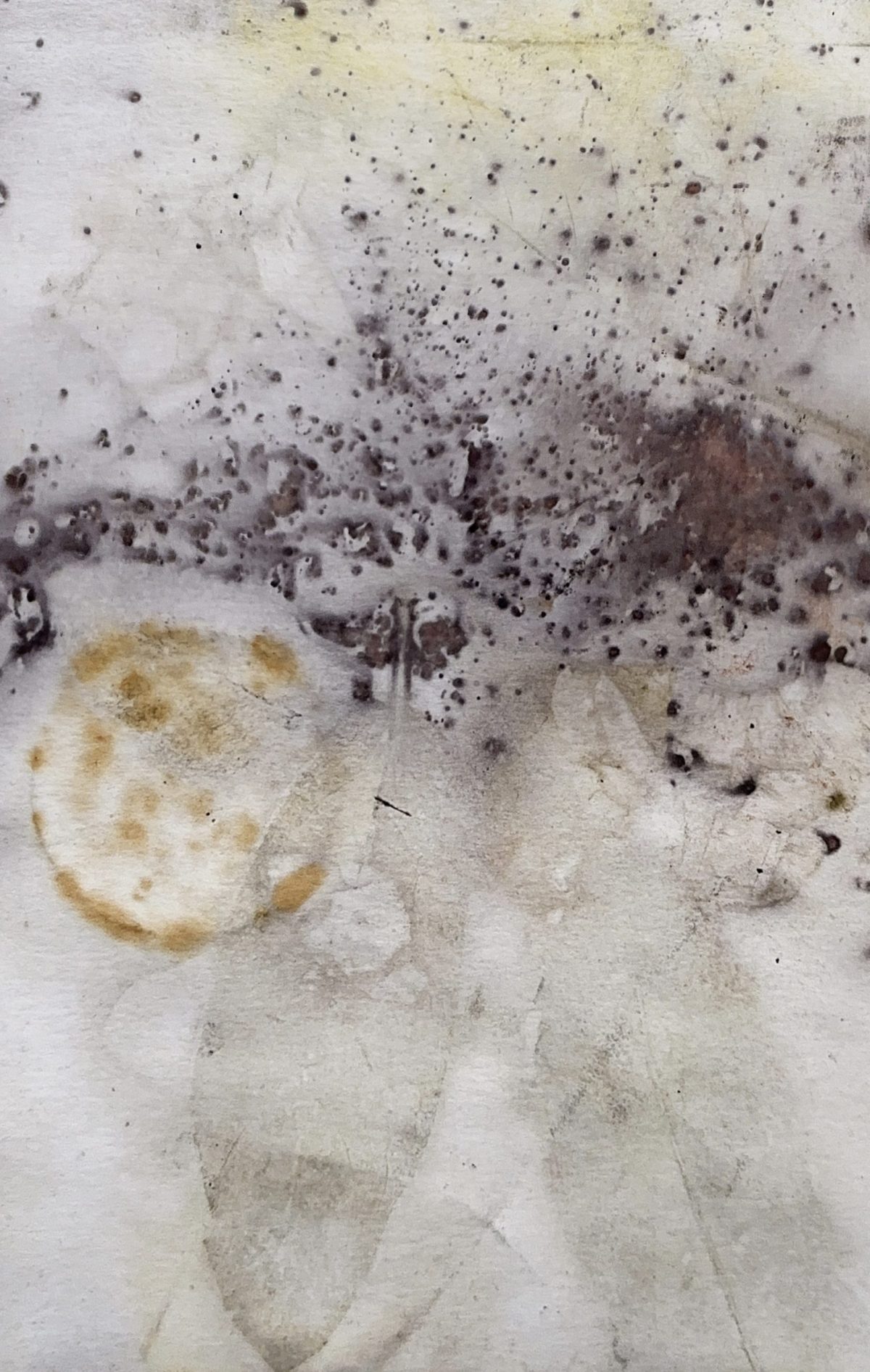Relational counsellor Becky Gant brings a personal voice to the discovery that lurking under a presenting story of addiction there might well be an ADHD diagnosis.
(5 minute read)
About a year before I stopped drinking, a friend of mine suggested I look into ADHD. I’d been sharing honestly about my struggles to keep on top of housework. Not just getting a little bit behind… but what felt like the really bad, shameful stuff. The kind that filled me with horror when someone unexpectedly knocked at my front door.
When my friend sent across a few articles for me to read about ADHD and executive functioning, I was completely blown away. I had no idea the things I’d found so hard my whole life could be linked to ADHD! As I looked into it further, I realised there were many other aspects of my experience that seemed to be connected. How frequently I lost important items. That growing pile of unfinished projects. Time blindness. ADHD paralysis. The constant internal chatter that made it impossible for me to sleep without the TV on….
For the first time, I saw these things spelled out in professional-sounding terms and given official names. Excitedly, I called my mum and told her all about my discovery; but although she validated my identification, she had some scepticism too.
“Couldn’t those things be because of your drinking?” she asked.
I had to admit, her question was a fair one. After all, I was usually drunk or hungover when these sorts of things happened. I mean… I was pretty much always drunk or hungover. How could I really know whether I had ADHD until I’d sorted out my relationship with booze?
My dance with alcohol
Alcohol and I had been doing a dance of power for many years at that point. I’d been drinking from a young age. At first it had seemed to be my friend – it gave me the courage to speak where I had previously been, as I described myself, “painfully shy”. With alcohol’s help, I became more confident, and whenever a big scary life event happened, it was there to see me through.
Then it started to betray me.
I found myself waking up after only going “for a quick pint”, and having no memory of getting home. I was dealing with increasingly frightening consequences of my drinking, and repeatedly wondering how it had “happened again”. My attempts to analyse the data of each drunken experience, to somehow control and manage my drinking, would each time inevitably fail. Once I picked up a drink, I simply never knew where it was going to take me.
What am I giving up?
Eventually, about a year after that conversation with my mum, I accepted I wasn’t going to be able to be friends with alcohol anymore. I was tired of battling to gain the upper hand over alcohol… but I was also scared of what I was going to lose.
Even before I had any knowledge of ADHD, I knew I’d been using alcohol as a way to self-medicate. I believed it helped me manage my anxiety. That it was my only way of relaxing enough to connect with people. I thought it was the source of all the joy and fun in my life, because it made that ever-present feeling of restlessness and irritability go away for a while. I couldn’t live with alcohol… but I couldn’t live without it either, could I?
What came first? The ADHD or the booze?
Still, I decided to give sobriety a try, and as I fumbled my way through those first few years, I was very happy to discover I was wrong. That the confidence I thought I needed alcohol to access was already in me, being squashed down by all the shame and regret. That I could have experiences of joy and fun, without any substance creating an artificial high. That I didn’t need it to cope with life after all.
Even many of those ADHD symptoms improved; but after four years, I felt confident in the conclusion that ADHD wasn’t going away. Alcohol had certainly made my symptoms worse… but it hadn’t caused them.
The more I learned about ADHD, the more I understood how intertwined these two parts of me were. In fact, it wasn’t just me! Articles I read told me that children with ADHD are two to three times more likely to develop a substance abuse problem.* That correlation started to seem obvious. Of course our struggles with impulsivity might make us more prone to risk-taking behaviours! Of course shame and remorse following drinking binges would be increased by RSD! And those constant hangover cycles were bound to make facing up to mountains of washing up next to impossible!
It all made sense to me, in a way that I referred to at the time as “the great unshaming of my life”.
Working with ADHD and addiction
Within my work as a counsellor, I come up against this connection frequently. There are many clients who come for therapy looking to process their ADHD diagnosis or manage their symptoms more effectively, who later acknowledge a difficult relationship with alcohol or other substances. There are also many clients who come for therapy looking to manage their addictions, who discover there may be undiagnosed ADHD hiding beneath the surface. As I tell my clients, whatever your experience is, only you can really know the way in which ADHD and addiction are connected in your life. All a therapist can do is be there to support you, to help you navigate through those memories and experiences, if you choose to explore them.
If your journey is anything like mine, that exploration might just be the key to lasting change.
If you’d like to find out more about working with Becky you can visit her website here
Reference
* Lee, S.S., Humphreys, K.L., Flory, K., Liu, R., Glass, K. “Prospective association of childhood attention-deficit/hyperactivity disorder (ADHD) and substance use and abuse/dependence: a meta-analytic review.” Clinical Psychology Review, 2011, April 31(3):328–341.
Click the links if you’d like to visit Beky’s therapy website or her directory entry on Attention Allies.
Published 28 October 2024
All rights reserved © Copyright Becky Gant 2024. Unauthorised use and/or duplication of this material without express and written permission from the author of this post is strictly prohibited. Author contact via website Contact page.
Website version and image © Copyright Attention Allies 2024.


